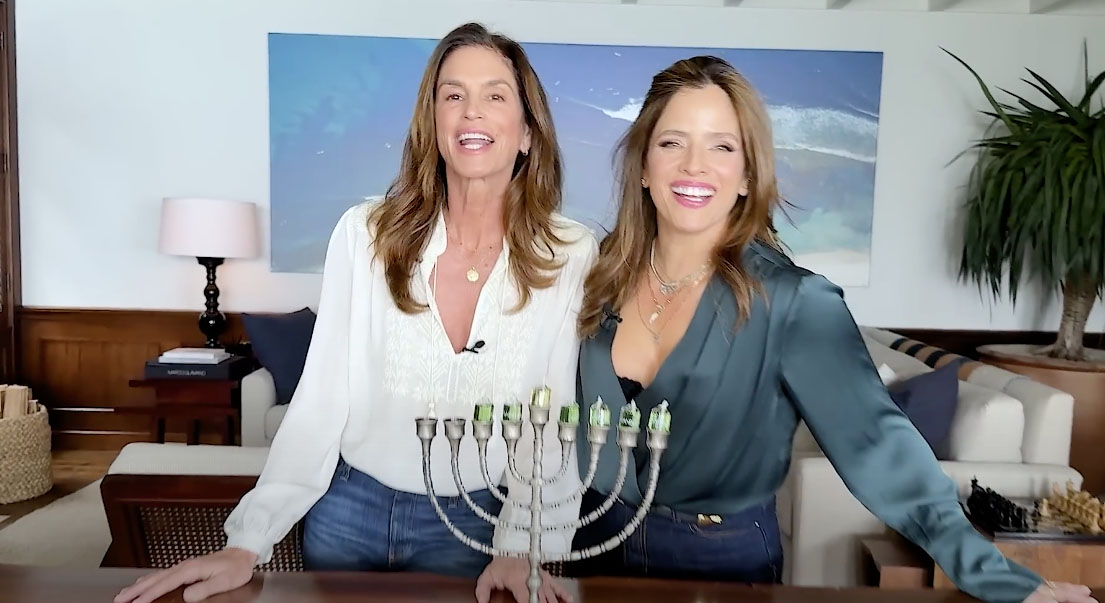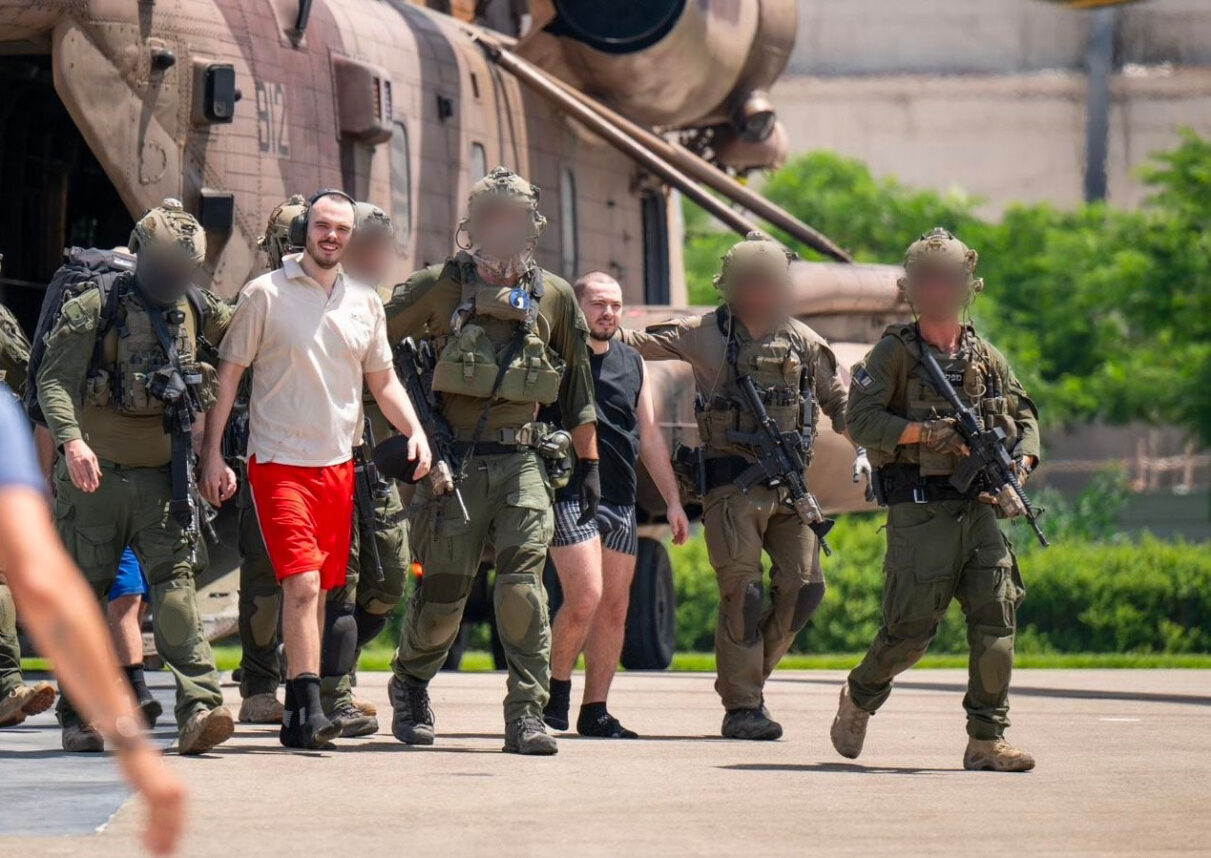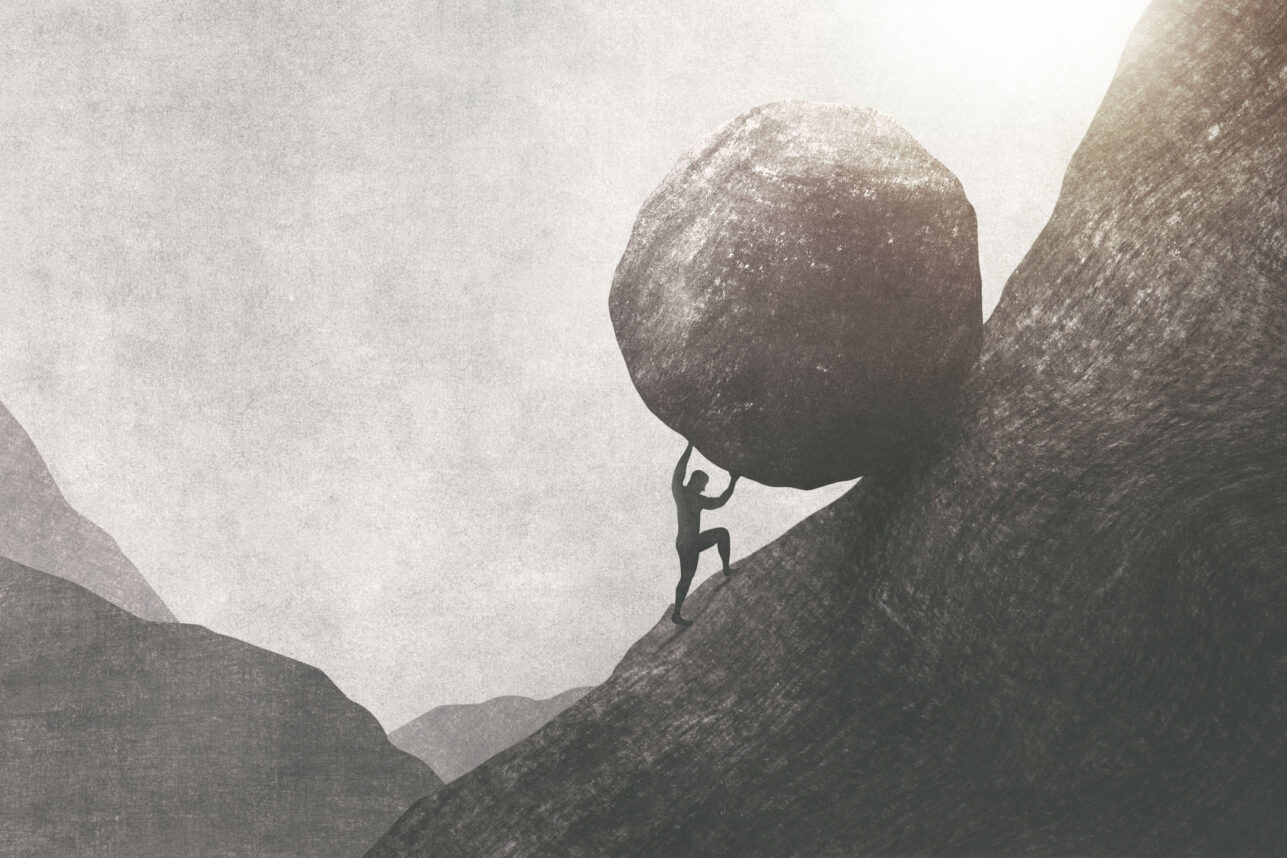
Knowledge, Will and Blessings
Thoughts on Torah Portion Naso 2022 (adapted from previous versions)
This Torah portion contains the height of Jewish liturgy, the priestly blessings. What is a blessing?
I often meet with a person who is looking to change their life and it comes down to “the moment when.” People want to give up anger or resentment, be more forgiving, have more courage or less confusion. All the pieces are in place, the skills are known, and the launch button awaits. When is the moment?
This is one of the mysteries of the will – that energy that seems to form somewhere deep in the unconscious. Oddly, we often can’t just “will up” the will. If I am resistant to doing something, I can sit and affirm all day long that “I have the will,” but reciting all those affirmations might just tire me out. The will that forms in the unconscious is much more complex than reciting affirmations. Affirmations have to register somewhere very deep, way below language.
I think the mystery of the will resides in some kind of knowledge. We know things in the mind, but the tacit knowledge in the area of the soul is another kind of knowledge altogether. When the soul knows something, it also knows its own calculus: the inner life cost of doing something, which always entails the cost of not doing something else. The soul is the realm of our deepest values, our maxims, our starting places, our belief systems. We can examine our inner life beliefs with rational scrutiny, but our deepest values are not formed by rational thinking. Our deepest values and beliefs form in deeper, unseen parts of us. Sometimes our deepest values and beliefs, from which we conduct our lives, form in a chamber of holy truth. Sometimes, however, they form in the shadow, an entangled place of distortions.
For example, a young adult may have a hidden, shadow belief that “I should never disappoint my parents.” Then some friend might make a rational case to them that they “have to start living for themselves.” The child might feel anxious, because in hidden realms a judgment is being formed. The child has to weigh the suffering that will occur in letting the parents down against the benefit of “living for herself.” The forming of a decision in the hidden realms causes its own suffering. This young adult might start getting angry at the parents, angry at the friend, or avoid the question altogether.
The hidden beliefs and values of the soul might be transforming.
Forcing yourself to do something before the soul is ready either produces nothing but frustration, or what it does produce comes at a great cost, a cost we pay later in guilt, resentment or exhaustion, for example.
For example, I have seen well-intentioned friends persuading feuding people to “just talk to each other” before one or both were ready. The resulting conversation did not go well.
Hard battles go on deep within. Battles of working through fear, grief, anger and resentment, getting sober (staying sober), facing others and facing oneself. Getting something done that the Shadow has determined is too difficult or not worth it will done get done well. Fierce battles rage in the realm of the unconscious. In the “hero’s journey,” this is the fight through the thicket. The hero knows the quest, has found the tools, has been given the map, but there is always the fight through the thicket of resistance, planted and maintained by the Yetzer HaRa.
For us, on the hero’s journey in our lives, there is always the temptation to take the inner war into the interpersonal space. Blame someone else or something else for our suffering. Ultimately, you can only fix the outside world, even the system, so much. Ultimately, you have to bring order to the self.
If you have already read some story of the hero’s journey, you know whether the hero makes it through or not. But in our story, we-the-hero do not know the outcome. The soul does not know of inevitable victory. Sometimes people say to each other, “It will all work out,” but that is a statement of faith, not fact – and maybe a false belief. Saying that it will all work out does not make it all work out.
Once the hero’s journey begins in the holy chamber of truth, the realm of thesoul only knows one thing – no willful turning back. “If I am to suffer defeat,” the soul knows, “it was because the Dragon (of Resistance) outfought me.” The Hero returns to the teacher or the Teaching, learns new skills and weapons of war against the Yetzer Ha-Ra, and starts out again.
When that moment of realization occurs in the soul that one can do no other – it shudders through the body. It is a singular knowledge, a heart firming and an opening into the vastness of a life of meaning. We all know, however, that the firm heart can weaken and the opening into the mystery of being can close up again.
A second kind of will is needed. The first will is the decision to move. The second will is to keep moving. The first one is related to courage, the second to resilience. Doubt has been overcome. Now one must accept the pain.
Where does prayer fit in? What do prayers and blessings do for us on this journey? Perhaps they awaken unseen, supernatural forces to some good purpose. But perhaps a prayer or a blessing awakens the soul to a knowledge, a decision, a resilience – all circling in the realm of the mystery of the will.
When our inner work has taken us down to a core question or insight, we see what has to be done. For example, a person once asked me for a prayer for prosperity. I asked him exactly what he wanted God to do. Several things came up: that his investors should overcome fear and suspicion. That his partners would be efficient. That, in general, good fortune would reign. “Prayers should be specific,” I advised. He ended up praying for his own good judgment to affect all those issues, with some good fortune added.
When we appeal to the divine with some laser point focus, it seems that the mere bringing of the laser light of the soul to bear on some question can have a transformative effect. It seems that once we bring the light of the soul to shine on some problem, we no longer need divine intervention, or the divine intervention has just occurred.
It can be the same with the words of others. Sometimes another person can see into us with such precision that they can discern what the obstacle is, and then offer words that can helps us break through that obstacle. The words of others might not be phrased as a blessing, but that is their effect.
Prayers and blessings, at their finest, are the culmination of intense introspective or empathetic effort. We can’t always determine what happens next, but whatever else we do, we are filling the inner world with will, insight, and devotion. Those ripples never cease. Everything matters.
From our Torah portion:
May the Divine bless you and stand guard over you.
May the Divine bring illumination to you and be gracious to you.
May the Divine presence be borne toward you and grant you wholeness of being.






















 More news and opinions than at a Shabbat dinner, right in your inbox.
More news and opinions than at a Shabbat dinner, right in your inbox.